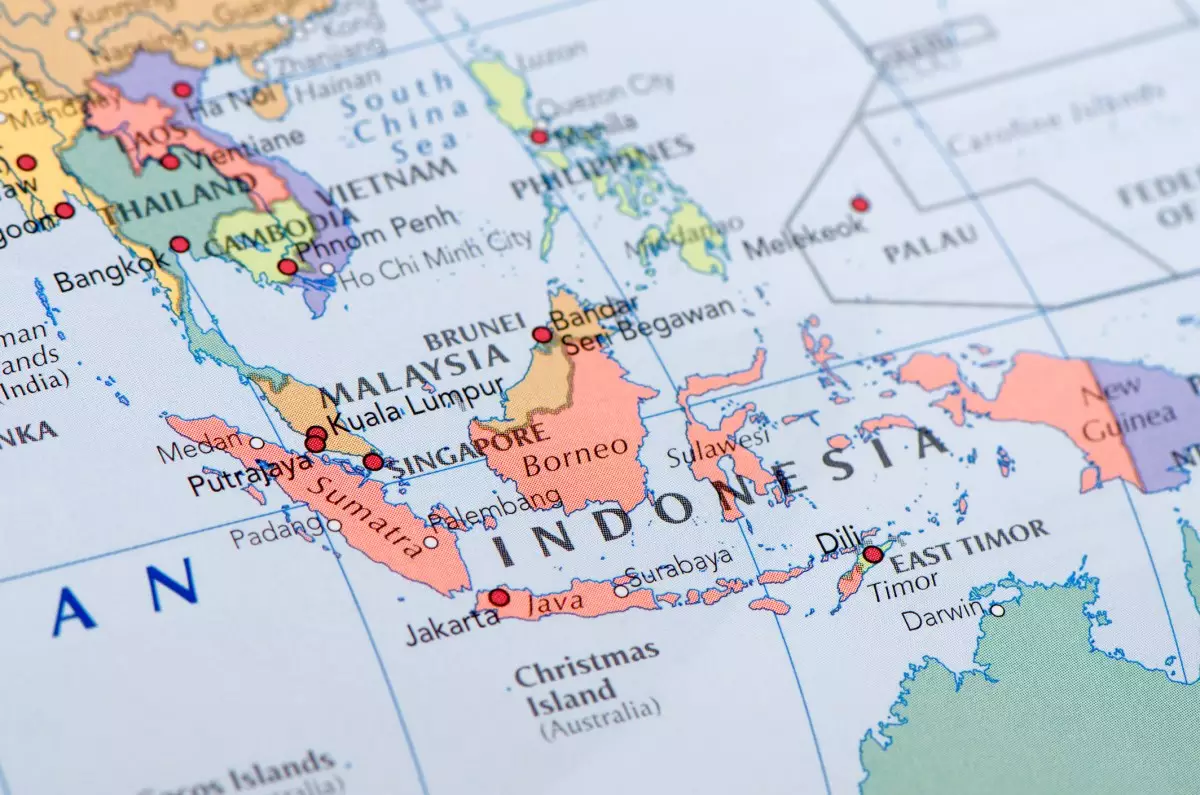The healthcare landscape in Southeast Asia is undergoing a significant transformation, largely propelled by artificial intelligence (AI) and innovative startups. These advancements are not merely incremental; they seek to overhaul a fragmented system that has long posed challenges for patients seeking medical care. Among the key players driving this change is HD, a Thailand-based startup that has recently gained traction with its marketplace platform, HDmall. With a mission to streamline healthcare accessibility, the company has attracted significant investments, enabling it to leverage AI technology to enhance patient experiences and drive efficiencies in the healthcare supply chain.
One of the major hurdles in Southeast Asian healthcare is the lack of an organized system that easily connects patients to the services they need. Many individuals often rely on word of mouth to navigate their medical needs, which can lead to confusion and delays. HDmall addresses this gap by functioning as a comprehensive marketplace where users can not only locate healthcare providers but also find specialized services, such as surgeries and health check-ups. This innovative approach simplifies the user experience by aggregating offerings from over 2,500 healthcare facilities and numerous pharmaceutical partners, thus tackling both cost and accessibility issues head-on.
The platform’s structure allows patients to explore their options more efficiently. With over 30,000 stock-keeping units (SKUs) listed and a solid customer base of 400,000 users, HDmall has captured significant market interest. The startup’s continued expansion into AI technologies will further enhance its capabilities, providing patients with personalized healthcare options and improving service delivery across the board.
HD’s recent funding of $7.8 million from notable investors, including U.S. pharmaceutical giant Merck Sharp & Dohme (MSD), highlights the increasing interest in health tech within the region. The partnership represents a broader trend, wherein big pharmaceutical firms are recognizing the potential of digital health platforms in enhancing patient care and distribution efficiencies. This funding comes on the heels of a previous $5.6 million round, pointing to a strong growth trajectory for HD as it solidifies its position in the market.
As HD continues to develop its AI chatbot, Jib AI, it will be pivotal for the startup to maintain momentum while responding strategically to industry trends. The intelligent chatbot not only triages initial patient inquiries but also evolves the way healthcare professionals engage with patients. By automating routine inquiries, healthcare providers can dedicate more energy to patient care, thereby improving overall service quality.
The role of AI in healthcare will become even more pronounced as HD aims to implement advanced features in Jib AI over the next year. Plans are in place to develop functionalities that span order processing, healthcare scheduling, and electronic health record management. The increasing reliance on this technology allows HD to handle a large volume of interactions—up to 60%—through its AI agents, thereby delivering constant, immediate support to its users.
Additionally, the prevailing trend towards self-empowered healthcare choices among Southeast Asian users complements HD’s operational model. As patients increasingly seek out information online to inform their healthcare decisions, HDmall capitalizes on this behavior by offering a platform that encourages user autonomy and informed choice. This shift in user behavior can lead to more effective patient engagement and satisfaction.
Challenges and Unique Market Strategies
Despite the promising nature of its business model, HD must navigate challenges inherent in emerging markets. Traditional telehealth and virtual services have faced skepticism in the region as consumers seek tangible healthcare experiences. The common practice of seeking immediate services from hospitals rather than family doctors complicates the patient journey and reinforces the need for HD’s marketplace approach.
By adopting a “B2C2B strategy,” as defined by venture firm Andreessen Horowitz, HD leverages its existing consumer base to create enterprise opportunities. This hybrid model uniquely positions the startup to forge valuable partnerships with healthcare providers, insurance entities, and large employers—further diversifying its service offerings and revenue stream.
The proactive measures taken by HD represent a significant shift toward transparency and accessibility in Southeast Asian healthcare. By addressing consumers’ demand for clarity and cost-effectiveness in medical services, the startup is paving the way for a healthier and more informed population. As HD continues to innovate and expand its roster of healthcare partners, it sets a precedent for how technology can empower patients and redefine healthcare delivery in the region. Overall, the future holds great promise for Southeast Asian healthcare, driven by tech-savvy companies like HD that are committed to improving patient outcomes through innovative solutions.

